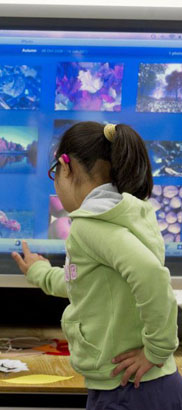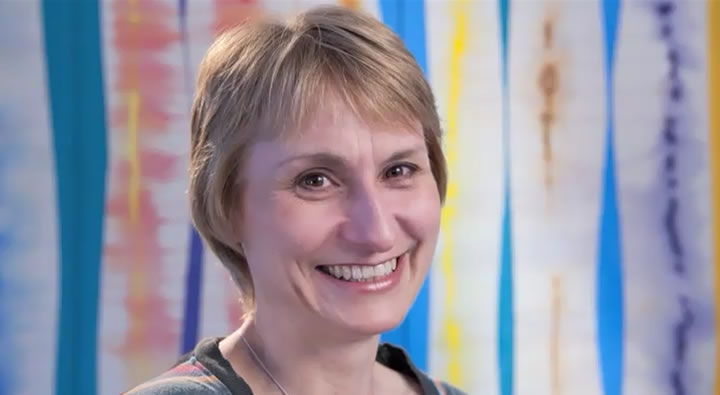
'The adult care system is being reformed significantly through the Care Act 2014, and close alignment between the two new systems is vital if young people with SEN aged 18-25 are to get coordinated help and support during their transition to adulthood and adult services. In both the health and care systems, managing the transition from children's to adult services will be a major factor in ensuring the special educational needs reforms are a success.'
(Department for Education, 2014)
A local authority's 'local offer' of services is part of managing this process.
The 0-25 SEND Code of Practice (2015)
states that:
'Local authorities must set out in the Local Offer the support available to help children and young people with SEN or disabilities move into adulthood. Support should reflect evidence of what works in achieving good outcomes and must community.' (DfE, 2015)
The 0-25 SEND Code of Practice (2015) sets out how professionals in education, health and social care should work together to support children/young people with special educational needs and/or disabilities to develop high aspirations, prepare for adult life, and achieve the best outcomes long term in relation to:
- Higher education/employment – exploring different employment options, such as support from employment agencies or guidance towards self-employment;
- Independent living – young people having choice, control and freedom over their lives and their support including their accommodation and living arrangements;
- Participating in society – having friends and supportive relationships, and participating in/contributing to, the local community;
- Being as healthy as possible.
(0-25 SEND Code of Practice, 2015)
High aspirations are crucial to success. From an early age, professionals should seek to understand the interests, strengths, capabilities and motivations of children/young people with special educational needs/disabilities as a basis for support to achieve desired outcomes.
For all children with an Education, Health and Care (EHC) Plan the transition
to adulthood and adult services should be seamless. This process involves a range
of agencies and is supported by a planning period that commences in Year 9 – the year
in which most young people reach
14 years of age. (However, discussions about
longer-term goals should start early and ideally well before Year 9.)
In this clip, Emma's mother, Ruth, talks about the future for her daughter. Listen out for Ruth's main concerns for Emma as she moves from school to adult services, and what the school is doing to address the transition.

Ruth is concerned about Emma's:
- Ability to communicate with people she does not know;
- Independence; and
- Vulnerability and safety.
The school's post-16 programme is preparing Emma for when she
leaves school.
Where a child has an Education, Health and Care (EHC) Plan, the review in Year 9 will mark the beginning of an extended review process that continues through their remaining school years, and into further/higher education and training.
In and beyond year 9:
- EHC Needs Assessments must include information and advice relating to provision to assist the child/young person in preparation for adulthood and independent living;
- the EHC Plan must include within the special educational provision, health care provision and social care provision specified, provision to assist the child or young person in preparation for adulthood and independent living. This will support the young person in their transition to adulthood, through on-going and post-school provision.
A person-centred review (1)
-
 Introducing person-centred planning01:39
Introducing person-centred planning01:39 -
 The person-centred review process02:15
The person-centred review process02:15
Listen to these audio clips. Brandon, a deputy headteacher in a special school,
explains how transition planning can be built around the needs
of the pupil.
Identify how far reviews at Brandon's school are participative, holistic, supportive,
evolving, inclusive and collaborative.

You may have noticed the following. The reviews are:
- Participative – the child/young person is at the centre of the process and fully involved throughout;
- Holistic – it looks at all aspects of the child's/young person's future life;
- Supportive – the review process supports children/young people to plan their lives, work towards their goals and makes sure they get the support they need to do this;
- Evolving – it is an ongoing process that takes account of changes that may occur in the child's/young person's life;
- Inclusive – the reviews are based around the values of inclusion, the child/young person is included throughout; and
- Collaborative – the reviews involve the child/young person, parents, school staff and relevant professionals from outside the school, brought together with one focus. There is a shared commitment to enable the child/young person to achieve their goals.

